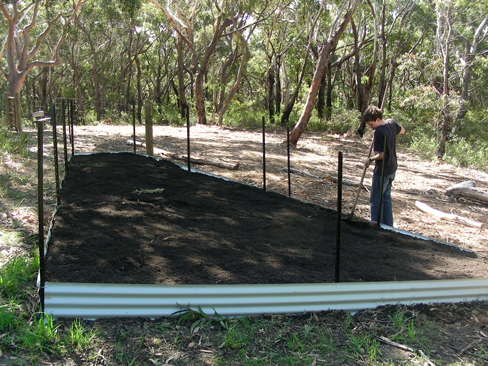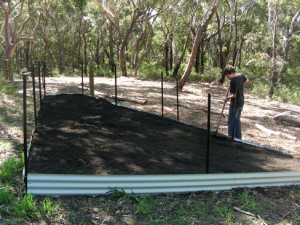Don’t Skip These Essential Steps When Preparing the Fall Garden For Planting
As summer winds down we look forward to those blessed northerly winds bringing cool, crisp air, hinting at the closing display nature will soon offer in fall color and autumn flowers. The season of change also means a transition in the vegetable garden.
Most cool-season crops are planted right around the same time or a bit later, just as warm-season veggies are in spring. Take this opportunity to tidy up everything and give the soil a good working.
Preparing the garden comes down to three basic steps: clean out existing vegetation, loosen soil, add organic matter.
First, remove weeds (get all the roots) and spent vegetable plants. Take out that squash plant that’s covered in powdery mildew and leaf miners. Put the scraggly tomato plant out of its misery. Peppers and eggplant can be left in the ground and will produce copiously as the weather cools off, all the way until first frost.
Toss the old vegetable plants in the compost pile (unless they are diseased). Rake the existing mulch out of the beds and stow for later use if it is still in good shape. If you have drip irrigation or soaker hoses, turn the system on and check all the lines while they are exposed.
Now is the important part—loosen the soil and add organic matter. Turn the soil with a shovel and chop up any clumps, or use something more elaborate like a digging fork. Either way, the goal is to loosen the soil and get it ready for organic matter. Loosening also allows for easy root penetration for the new vegetable plants.
Homemade compost is the best organic matter for the garden. It’s free, it’s sustainable, and you know exactly what went into it. Bagged mushroom compost and well-rotted manure are other options if you don’t have enough compost. Rabbit manure is an excellent “cold” manure that does not need to be composted before use.
Working organic matter into the soil on a regular basis is the single most important thing you can do for the garden. It maintains good soil tilth and feeds the community of microorganisms and earthworms that in turn feed your plants.
Apply a 2-3 inch layer of organic matter on top of the soil and work it in with the shovel or digging fork, turning and chopping as you go. You may want to add some granular organic fertilizer or worm castings for an extra boost of nutrients and trace minerals. Occasionally having your soil tested by the local Ag Extension is a good idea.
After the organic matter and fertilizer are thoroughly mixed in, rake smooth and admire the look of a fresh garden bed primed for planting. Get your plants and seeds ready!

